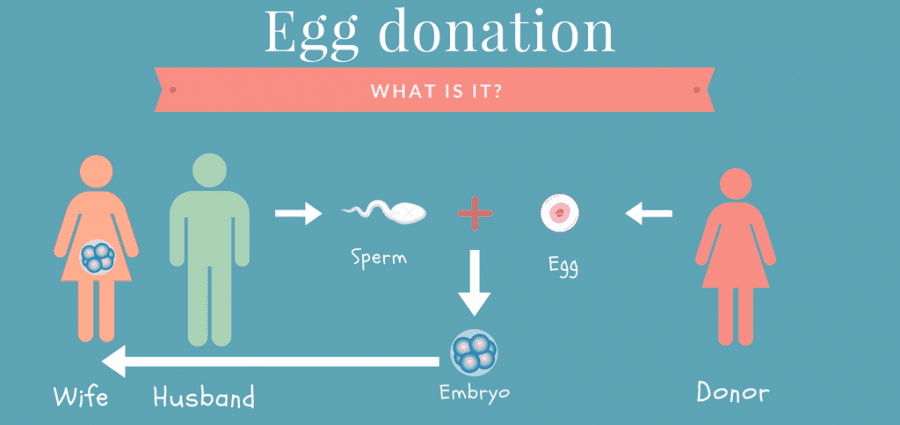Contents
In France, 31 centers study and conservation of eggs and sperm (CECOS) propose to proceed or benefit from a sperm or oocyte donation.
When should you benefit from a sperm or oocyte donation?
For heterosexual couples, the donation of gametes is indicated in the event ofinfertility linked to the absence or insufficiency of sperm in men or ova in women. It may be azoospermia (complete absence of sperm in semen) in men, premature ovarian failure, more commonly called “early menopause”, or poor ovulation in women.
But there are other reasons for using sperm or egg donation:
- When the couple is likely to transmit a serious genetic disease to the child;
- When the couple has already benefited from in vitro fertilization (IVF) with their own gametes, but the embryos obtained were of poor quality;
- When one is a couple of women ;
- When we are a single woman.
Less and less need for sperm donation thanks to ICSI La IVF with ICSI (Intracytoplasmic Sperm Injection) even allows men with oligospermia (low amount of sperm in semen) to have the chance to be the biological father of their child. This rigorous method consists of introducing directly into the egg, a single mobile sperm of good quality. |
Who can receive a sperm or egg donation?
Since summer 2021, female couples and single women have access to gamete donation, as with all other assisted reproduction techniques. As with heterosexual couples, the donation is conditioned on the age of the couple or of the single woman, who must be of childbearing age. According to an INED study in 2018, if one in 30 children was born from AMP, only 5% came from donated gametes.
Conversely, who can donate?
In France sperm and egg donation is voluntary and free. The bioethics law of July 29, 1994, revised in 2011 and then 2021 specifies the conditions. You must be of legal age, in good health, and of childbearing age (under 37 for women, under 45 for men). Conditions of anonymity were modified by the adoption on June 29, 2021 by the National Assembly of the bioethics bill. From the 13th month following the promulgation of this law, gamete donors must therefore consent to non-identifying data (motivations for the donation, physical characteristics) but also identifying be transmitted if a child is born from this donation and he requests it when he comes of age. On the other hand, no filiation can be established between the child resulting from the donation and the donor.
Currently, gamete donation is insufficient to meet national needs and this is likely to increase with the expansion of access to ART and changes in conditions of anonymity for donors.
Go abroad to have a baby?
When the desire for a child becomes too strong and the wait too long, some couples fly outside our borders to obtain the coveted gametes more quickly. This is how more and more Belgian, Spanish and Greek clinics see French applicants arriving. However, you have to spend a lot of money in these countries to have a donation (nearly 5 euros on average).











ይሄ ህክምና እዚህ አልተጀመረም? ምናልባት ህክምናው ወይም ሶስተኛ ወገን የዘር ፍሬ ተገኝቶ ህክምና እየተሰጠ ያለበት ቦታ ካለ ብጠቁሙኝ